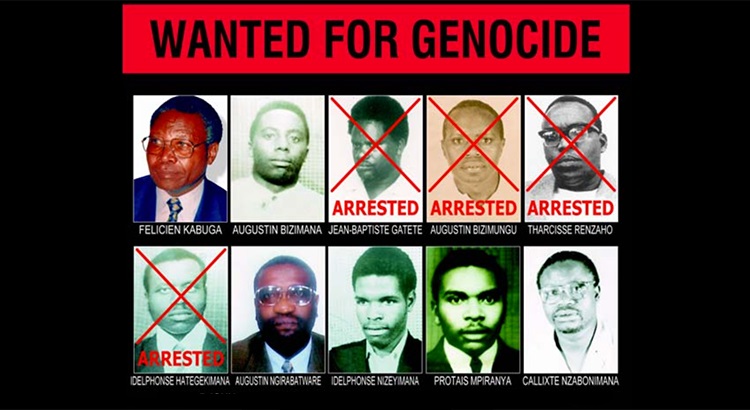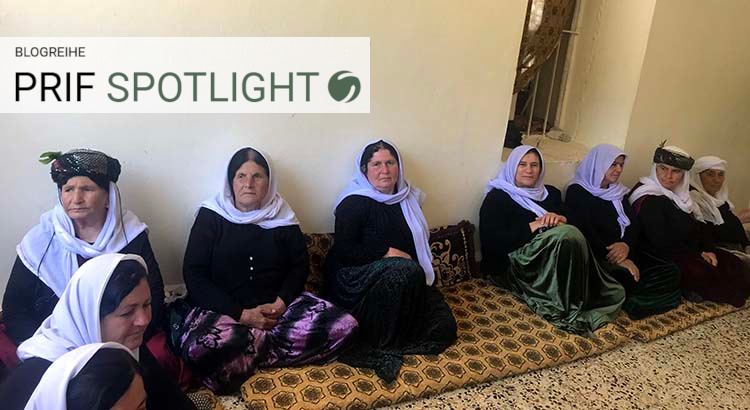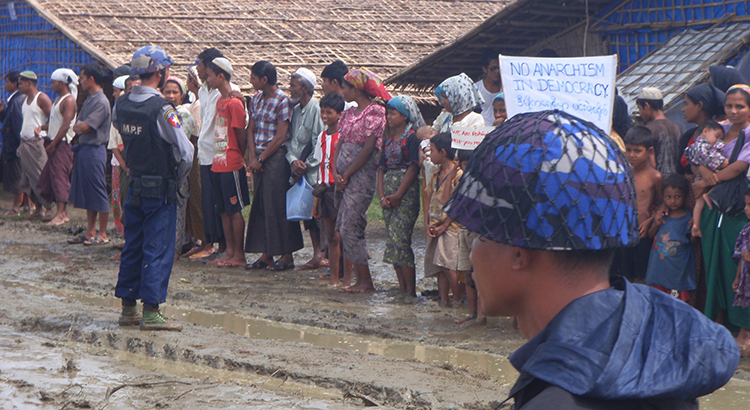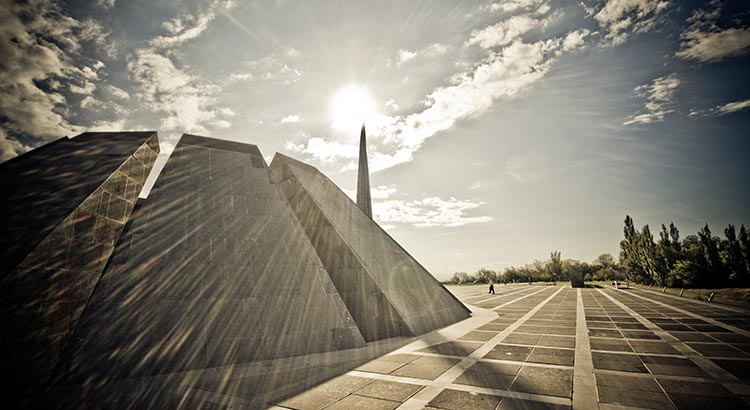Die Früherkennung und die Prävention von Massenverbrechen sind eine große Herausforderung. Es mangelt meist nicht an Warnungen, die insbesondere von Akteuren aus der Zivilgesellschaft formuliert werden. Daher wird oft angenommen, es liege an mangelndem politischen Willen, dass auf die Warnungen keine präventiven Maßnahmen folgen. Wie dieser Blog zeigt, können aber auch die zivilgesellschaftlichen Akteure selbst einiges dafür tun, um die Qualität ihrer Arbeit zu steigern und von Entscheidungsträger*innen gehört zu werden.
Schlagwort: Völkermord
Hate speech in the context of mass atrocity crimes: How social media platforms help and hinder international criminal investigations
The May 2020 arrest of Félicien Kabuga brought an end to a manhunt spanning 26 years and two continents. The capture of the elusive alleged financier of the infamous RTLM hate speech radio station shows the importance of documenting hate speech for court proceedings if and when fugitives are eventually arrested. Today, extremist hate and atrocity speech in the context of genocide and war crimes takes place and is spread online. However, social media platforms have been slow to respond to and document it, and to cooperate with international authorities in doing so.

Félicien Kabuga: Der meistgesuchte Mann des Völkerstrafrechts und seine Flucht durch Frankfurt
Am 16. Mai 2020 wurde der mutmaßliche Hauptfinanzier des Völkermordes in Ruanda, Félicien Kabuga, in einem Pariser Vorort festgenommen. Dem wohl meistgesuchten Mann der internationalen Strafjustiz gelang es 26 Jahre lang, sämtlichen staatlichen und internationalen Behörden zu entgehen. Die Spur des heute Mittachtzigjährigen führte zwischen 1994 und 2020 aus Ruanda nach Frankreich, unter anderem über die Demokratische Republik Kongo, die Schweiz und Kenia – und auch über Frankfurt am Main.

Endangered Future: Yezidis in Post-Genocide Iraq and the Need for International Support
As the international memory of ISIS’ genocide against the Yezidi population of Şengal in Northern Iraq recedes, its victims have been left to languish increasingly hopelessly, in refugee camps with little realistic prospect of returning to their homes. Tens of thousands of displaced Yezidis remain dispersed across Northern Iraq, hundreds of kidnapped Yezidi girls and women are unaccounted for and the fates of many of their male relatives unknown. In the short term, there is an urgent need for international protection from further attacks, the recognition of a political status for Şengal and immediate aid for refugee camps to create the conditions for Yezidi genocide survivors to return, resettle and gain a sense of political stability and empowerment.
Turkey and the “so-called” Armenian Genocide: the politics of denial in European and domestic affairs
The Armenian Genocide or, as it is labelled in mainstream Turkish discourse, the “so-called Genocide,” continues to fuel political tensions, both internationally and at home. Use of the G-word by governments worldwide invariably provokes a reaction from Ankara, whose genocide denial continues to shape and colour Turkish foreign policy as well as domestic matters. Strikingly enough, however, the most important institution of the Armenians in Turkey has also participated in the politics of denial in recent years. How do the politics of such genocide recognition and denial play out, and what do they imply?



